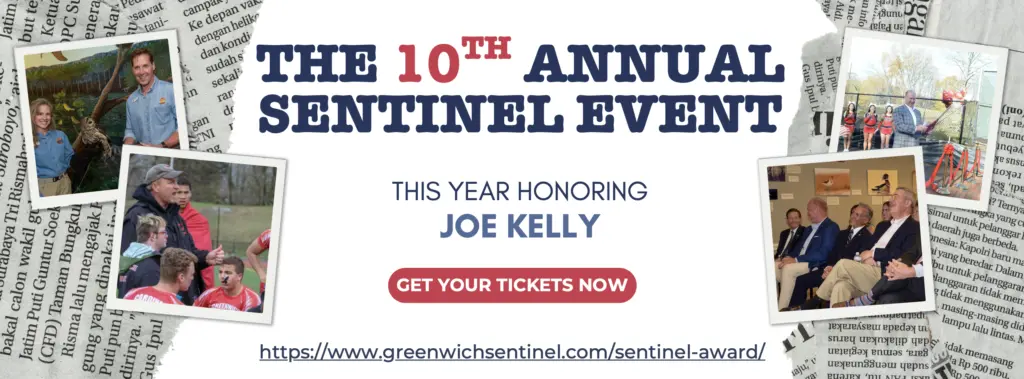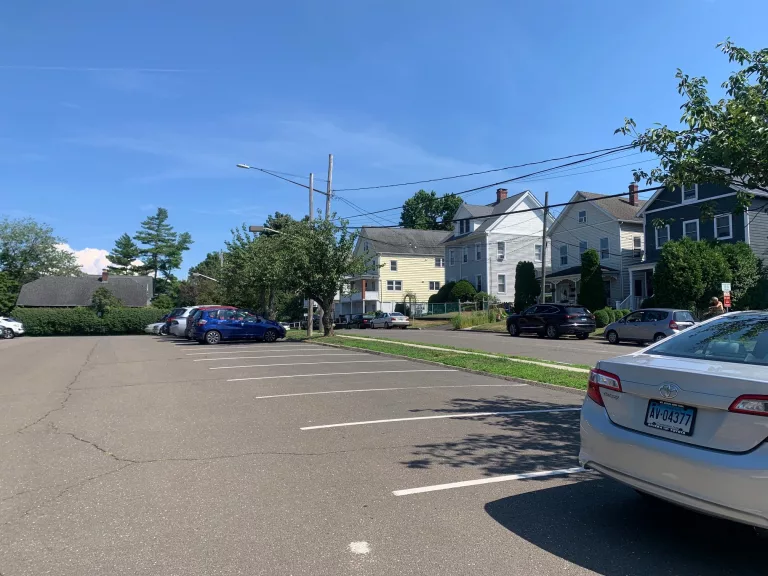
To the Editor,
For many decades, Greenwich had judiciously financed capital projects over a period of five years.
Known as “pay as you go”, the cash collected from annual taxes would cover 100% of the cost of the project with one fifth of the cost included in the tax calculation annually in each of the five years.
Taxpayers paid no interest as pay as you go was funded internally through property tax payments. It was a simple plan that enabled our town to fund essential infrastructure projects without burdening future taxpayers with debt service costs.
In 2000, our town modified its pay as you go funding practice in response to an attractive land purchase opportunity. The seller requested payment over a five-year period. The town settled on a short-term seller note equivalent to the pay as you go structure. Greenwich was able to borrow the later installments in the municipal bond market, preserving the original pay as you go maturity.
Since that transaction, the town has continued to utilize the “modified pay as you go” method for financing, which provides additional flexibility for financing while maintaining a fiscally prudent level of spending.
In the modified pay as you go method, borrowing is done to meet the cash flow needs of a project.
Instead of borrowing the full amount at the initiation of a project, the borrowing occurs in phases, also called tranches, to meet the cash flow needs of the project.
The Board of Estimate and Taxation (BET) and the Representative town Meeting (RTM) both agreed to finance capital projects in phases – the feasibility study phase, architecture and engineering phase, and construction phase. Each phase is funded with a bond anticipation note rolled for a second year and amortized thereafter by a five year term financing with equal annual payments.
What impact does modified pay as you go have on town financing? Because borrowing is done to meet capital cash flow needs, it is not unusual for the town to borrow for seven years or longer for a project, depending on the complexity of the design and construction, and required approvals.
What are the benefits of this approach? Three things: low interest costs, moderate debt durations and most important, spending discipline. The town will typically capture much lower interest rates on its shorter-term borrowings than longer ones. The shorter maturities avoid the debt overhang that penalizes so many other municipalities (and our State). The town also resists the temptation to spend borrowed money, burdening future generations.
This approach provides immediate impact to allow the town to address the budget in good or bad economic times. Taxpayers are not taxed for principal payments until after the expenditure has occurred.
With the original pay as you go, the five year taxing schedule resulted in the Town recording a negative fund balance, also called negative working capital. Rating agencies and investors found this financing method difficult to comprehend.
Modified pay as you go keeps Greenwich in a much better financial position compared to other communities. During the recent Great Recession, because it was not hampered by debt service from past projects, our town continued its steady approach to infrastructure maintenance, upgrades, and replacement.
Consider how much better our State finances would be if our State government followed Greenwich’s current borrowing model! Greenwich should continue to be a leader in fiscally prudent project planning and financing.
Our proven model has sustained our infrastructure well. Greenwich has never turned down maintenance or capital projects based on the premise that it is something “we cannot afford to do”. In the past 14 years our town completed over $600 million of capital projects. There are approximately two years of projects that have been appropriated but not completed.
We have challenges ahead. For example, the Board of Education is currently evaluating a facilities master plan that, if implemented, could cost taxpayers over $50 million a year in capital costs for many years.
Long-term borrowing? More personnel to oversee projects? In these uncertain fiscal times in our State, BET Republicans promote what has worked excellently for decades – tackling a manageable number of capital projects and financing the spending within the current generation of beneficiaries. Legacy debt burdens are a major reason why our State is in such financial trouble. We should not follow in its footsteps.
Greenwich has done better with its short term modified pay as you go program, a benefit to every resident.
Republican BET Members
Michael Mason (Caucus Chair)
Leslie Tarkington
Bill Drake
Andy Duus
Karen Fassuliotis
Debra Hess





